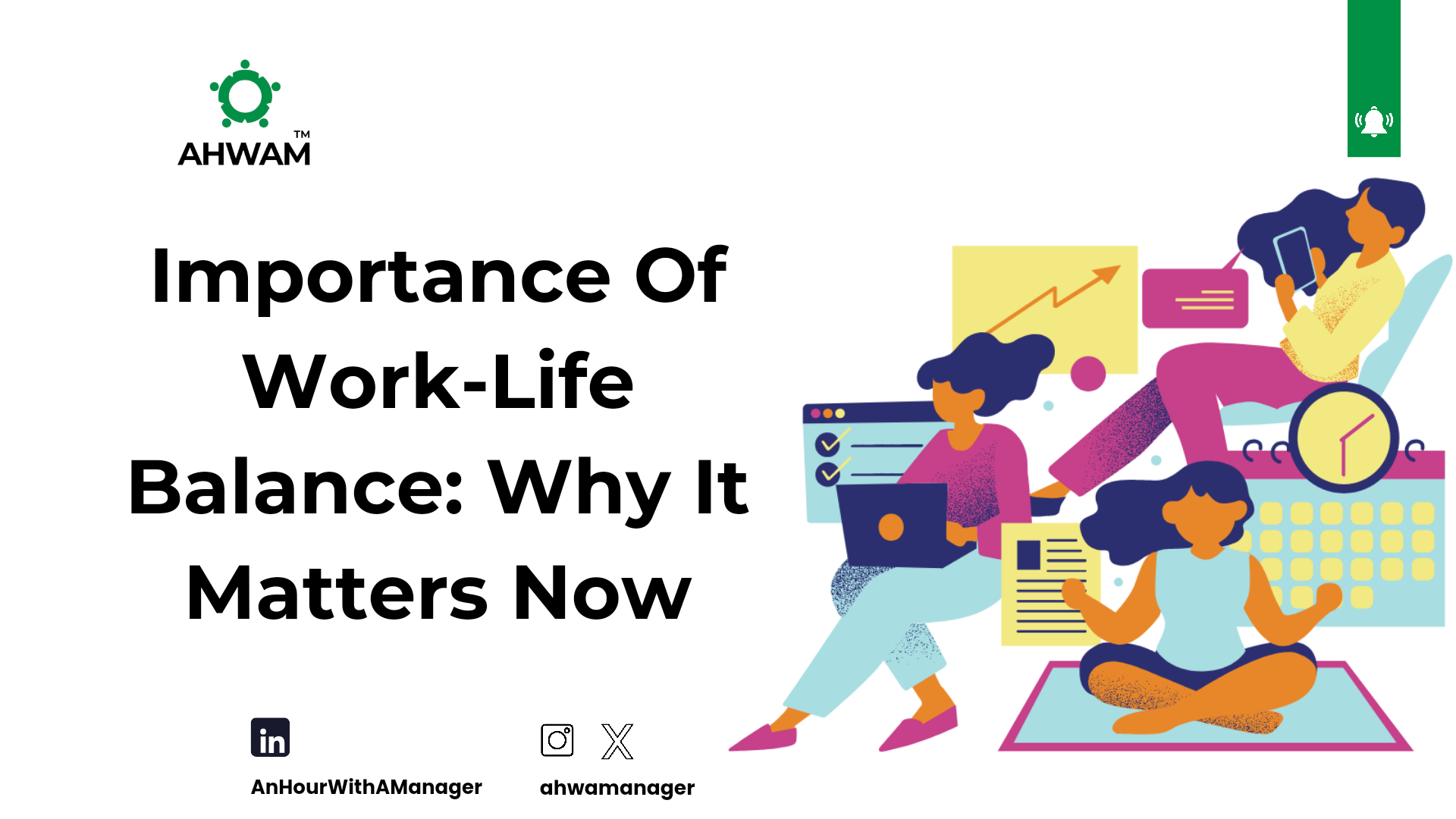In today's fast-paced world, where technological advancements are continuously reshaping the landscape of every industry, the significance of digital education and tools cannot be overstated. They are pivotal in not only equipping individuals with the necessary skills to thrive in a digitized environment but also in empowering organizations to effectively manage talents. In this article, we explore the intersection of digital education, talent management, and the use of digital tools to drive innovation and success.
Understanding Digital Tools: Navigating the Modern Landscape
The digital era has heralded a plethora of tools and technologies that have revolutionized the way we work and communicate. From project management platforms to data analytics software, these tools have brought unprecedented efficiency and effectiveness to various facets of business operations. However, with the rapid evolution of technology, the onus is on individuals and organizations to stay abreast of these developments and harness the power of digital tools to their advantage.
Erika Krysan, an insurance expert renowned for her passion for driving innovations, emphasizes the importance of understanding digital tools and how to use them. In her insightful discourse, Erika underscores the need for updating current skill sets and aligning them with the standards driving current digital tools. This resonates with the fundamental idea that to thrive in the digital age, individuals must exhibit openness and curiosity, perpetually embracing learning and adaptation. As Erika aptly puts it, "be open, be curious. We're yet to see the best of technology, so stay ready to learn and transition." You can listen to that episode here https://open.spotify.com/episode/0xmb4uP8v1nM9IE3ECcquH?si=-VV9FVqPSJuVjlwV8A4Kiw
Empowering Talent: The Role of Digital Education
For organizations, empowering talent through digital education is not just a matter of choice; it is a strategic imperative. Creative thinking, critical thinking, 
Moreover, digital education serves as a catalyst for fostering a culture of continuous learning within organizational settings. By investing in comprehensive training and development programs, companies can facilitate the acquisition of new skills and competencies, enabling employees to remain agile and responsive to industry trends and technological advancements.
Managing Talents with Digital Tools: A Balancing Act
The successful integration of talents and digital tools hinges on an understanding of how these elements intersect and complement each other. Management and leadership play a crucial role in creating an environment where talent can flourish alongside the effective utilization of digital tools. It is essential to strike a balance that allows for the harnessing of individual creativity and innovation while leveraging digital tools to streamline processes, enhance collaboration, and drive productivity.
Furthermore, the strategic deployment of digital tools in talent management extends beyond operational efficiencies. Data analytics and performance management platforms play a pivotal role in providing valuable insights into employee capabilities, preferences, and growth trajectories. By leveraging these tools, organizations can make informed decisions regarding talent deployment, development, and succession planning.
In conclusion, as we navigate the complexities of the digital age, the synergy of digital education, talent management, and the strategic use of digital tools emerges as a critical enabler of success. Embracing a mindset of continual learning and adaptation, both at the individual and organizational levels, is imperative for staying relevant and competitive in today's ever-evolving business environment. By recognizing the immense potential that digital education and tools hold in empowering talents, organizations can pave the way for sustained innovation, growth, and excellence.
Summary
The article discusses the importance of digital education and tools in empowering talent and driving innovation. It emphasizes the need for individuals and organizations to stay adaptable and embrace continuous learning in the rapidly evolving digital landscape. The role of digital education in nurturing crucial skills and fostering a culture of continuous learning within organizations is highlighted. Additionally, the article underscores the significance of balancing talent management and the strategic use of digital tools to streamline processes, enhance collaboration, and make informed decisions. Overall, the synergy of digital education, talent management, and the strategic use of digital tools is portrayed as a critical enabler of success in today's business environment.











